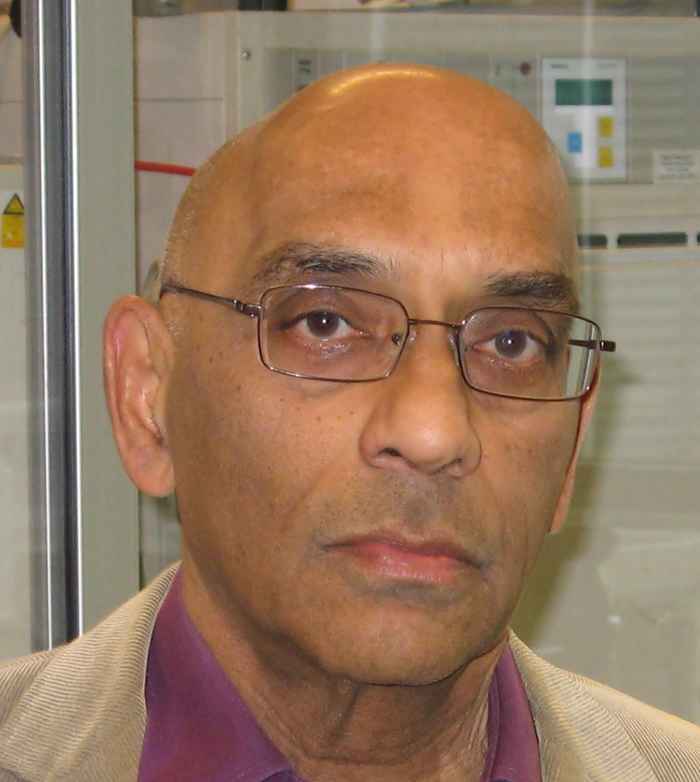Rajamani Krishna among world's highly cited chemists
19 November 2020

Each year, the world’s most influential researchers are identified based on data and analysis performed by bibliometric experts from the Institute for Scientific Information at the Web of Science Group, part of Clarivate Analytics. They are the select few who have been most frequently cited by their peers over the last decade.
In 2020 the list includes 6,167 (about 0.1%) of the world's researchers, in 21 research fields and across multiple fields, that have earned this exclusive distinction, demonstrating significant research influence among their peers. A total of 249 researchers are listed in the chemistry category, of which three originate from the Netherlands. Accompanying professor Krishna are Nobel laureate professor Ben Feringa from the University of Groningen and professor Marc Koper from Leiden University. Other chemists from Dutch institutions are featured in the 'biology and biochemistry' and 'cross-field' categories.
The Netherlands remained its 7th place in the countries listing with a total of 181 researchers across all disciplines (2,9% of the total number of researchers listed). This number has slightly increased despite the steeply increased share by Chinese researchers on the list.
Improving process technologies with molecular insights
Throughout his career, Rajamani Krishna has focused on improving technologies related to reaction and separation by means of investigating physico-chemical phenomena at the molecular and microscopic levels. One of the key aspects of his research is the development of unifying concepts in multicomponent diffusion and multiphase hydrodynamics, both in separations and reaction engineering. It has provided many improvements in technologies concerning distillation, recovery of oil from shale, fluidized catalytic cracking, catalytic reforming, hydroprocessing, and hydrocracking. In recent years, Krishna has contributed to many research projects in the field of metal-organic framework (MOF) separations, especially with his mathematical modelling of the separation performance.
Krishna has published two text books of which one has been translated into Chinese, more than 500 peer-reviewed journal articles, and holds several patents. According to the latest statistics on Google scholar, his publications have been cited more than 48,000 times, with an h-index of 114. Krishna has received several awards for his scientific contributions, including the Akzo Nobel Science Award in 1997, and the prestigious ENI award in 2013.
Krishna is listed as Highly Cited Researcher for 2016, 2017, 2018, 2019, and 2020.
ENI YouTube videos
Cerimonia di consegna dei Premi Eni Award 2013
ENI Award 2013 Rajamani Krishna University of Amsterdam
Links
The full 2020 Highly Cited Researchers list and executive summary
Highly Cited Researchers methodology